

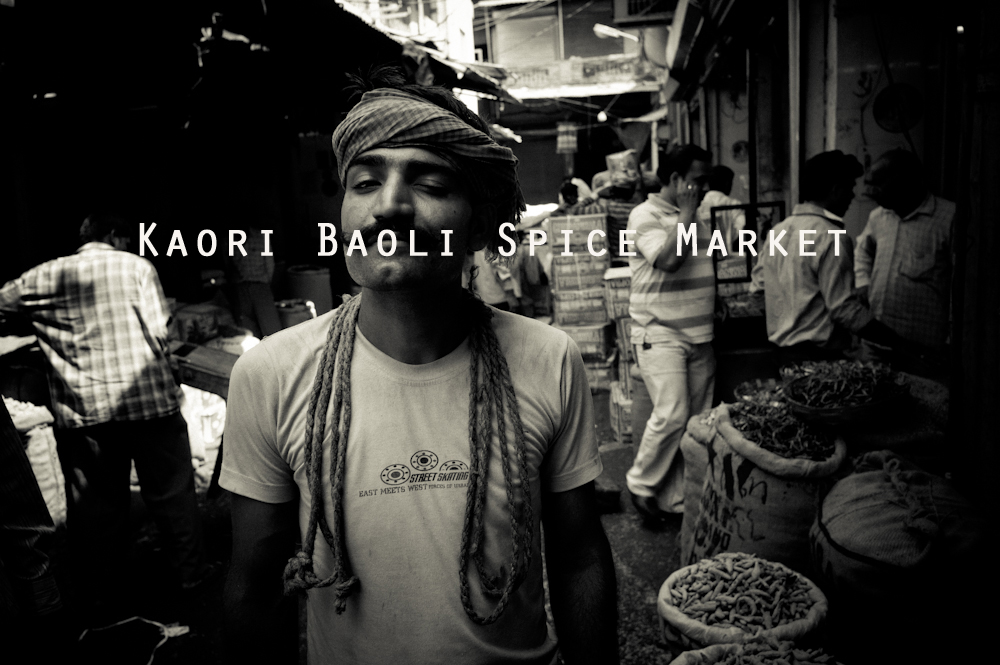
© Tewfic El-Sawy - All Rights Reserved
Khari Baoli is a street that runs from the Fatehpuri Mosque on Chandni Chowk to the western edge of the old city of Delhi, and is its wholesale spice market. Little has changed there for centuries. It's Asia's largest wholesale spice market. In this audio slideshow, I document the mostly Rajasthani and Bihari porters who carry the enormous loads of ginger, turmeric and chilis from one trader to another.
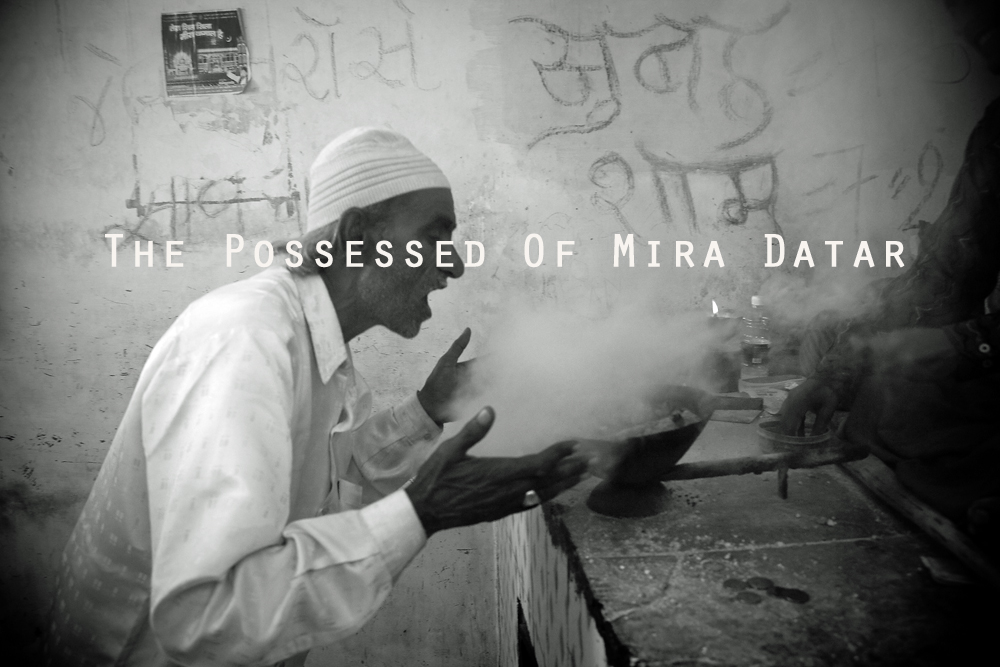
© Tewfic El-Sawy - All Rights Reserved
The Possessed of Hazrat Mira Datar is an audio slideshow of stills, movie clips and audio made during my during my recently completed In Search of the Sufis of Gujarat Photo Expedition when I visited this Sufi saint's shrine near Unawa in Gujarat. It's the most powerful and challenging of traditional rituals I've experienced in India. This one is by far the most emotionally draining project I've undertaken so far...photographing it, editing it and producing it.
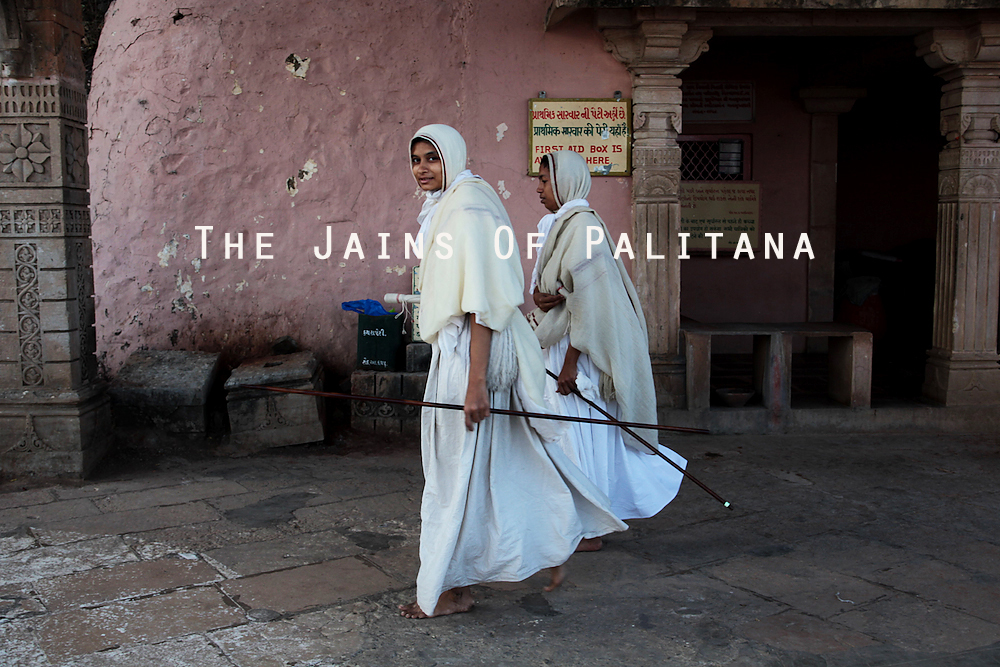
© Tewfic El-Sawy - All Rights Reserved
The Palitana temples are considered the most sacred pilgrimage place by the Jain community, and is the world's largest temple complex, with more than 3000 temples located on the Shatrunjaya hills, exquisitely carved in marble. It is there that I followed Jain nuns up the 3364 steps to ascend the Shatrunjai Hill and attend their puja.

© Tewfic El-Sawy - All Rights Reserved
Whilst teaching at the Foundry Photojournalism Workshop in Buenos Aires in July 2011, I photographed at various milongas (tango halls, for lack of better description), and documented some of this seductive dance and music. I chose A Media Luz, not only because it's one of the most classical and beautiful tango refrains, but also because of my photographs which were made in the penumbra of the milongas.
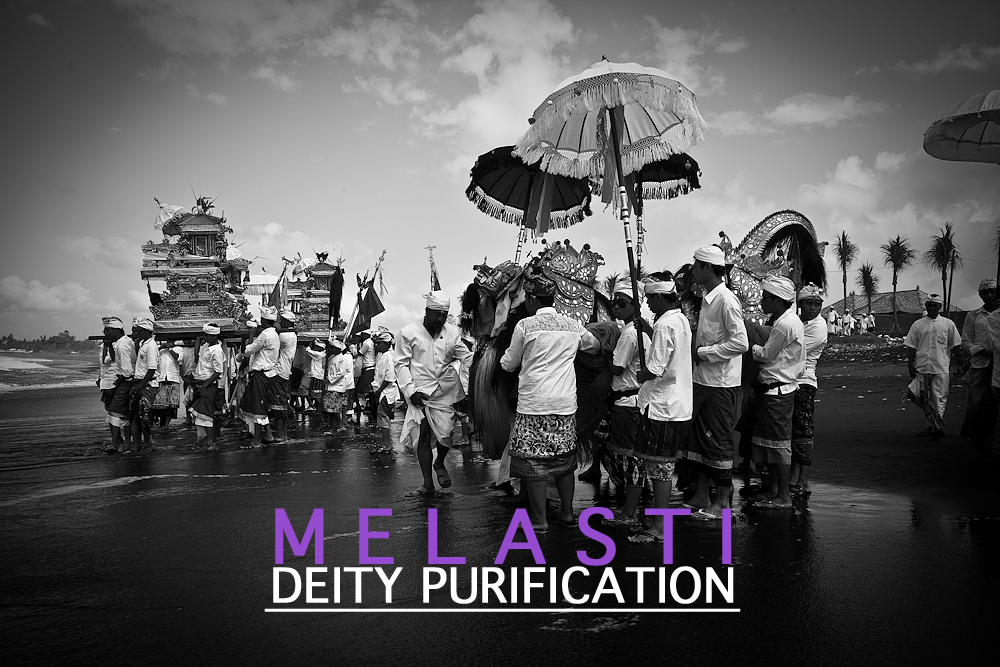
© Tewfic El-Sawy - All Rights Reserved
Melasti is an important Balinese ceremony during which temple deities, effigies, and other sacred items are purified. These items are carried to the island's beaches in elaborate processions, along with offerings, flags and umbrellas. The high priests bless the deities, while the community gives offerings to the sea. The deities' purification ceremonies are high in pageantry and pomp, and are regarded with enormous importance by its participants.
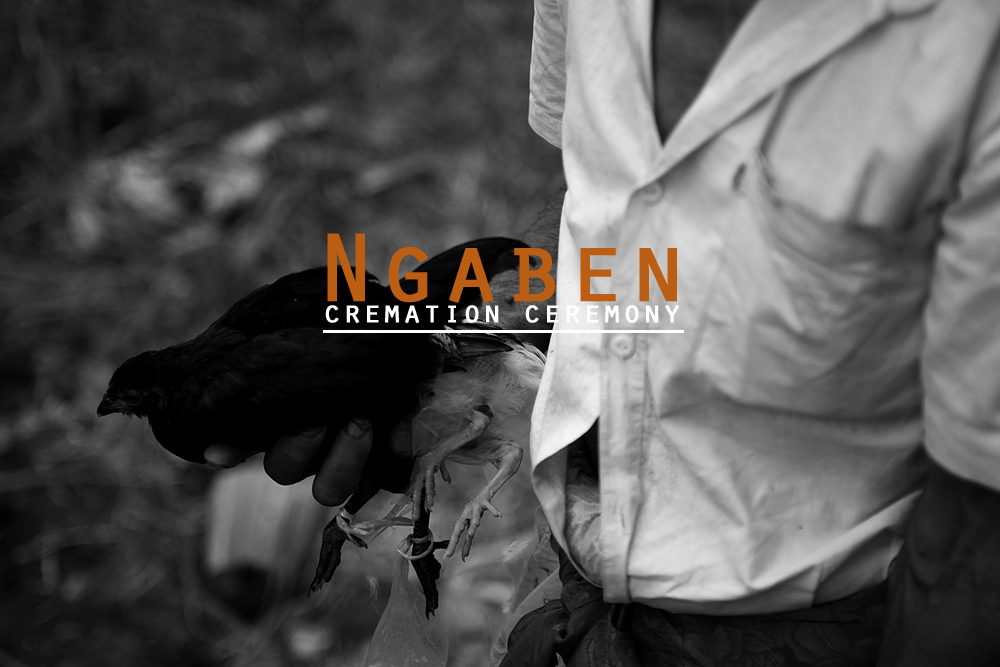
© Tewfic El-Sawy - All Rights Reserved
Ngaben is the Balinese cremation ceremony. The Balinese consider the human body as a temporary vessel to hold the soul while on earth. Cremations free the soul of the deceased, and is regarded as a time of rejoicing rather than a time of mourning. Cremations are rarely held at the time of death, and it's more common for villages to save and pool money to hold group cremations. These can occur years after the death of those being cremated.
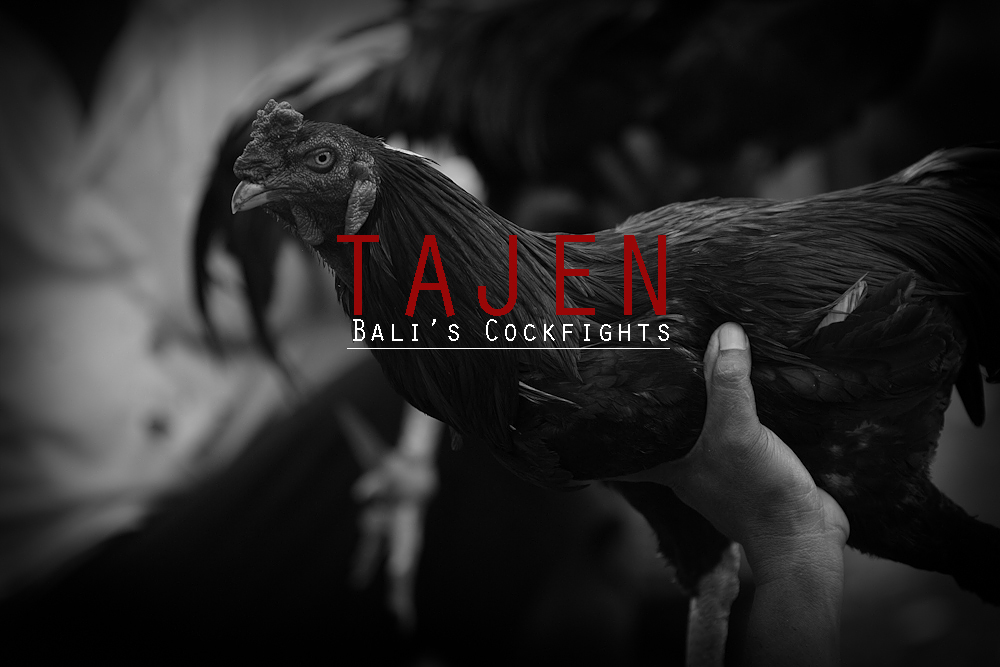
© Tewfic El-Sawy - All Rights Reserved
Tajen is Bali's form of cockfighting. Technically regarded by authorities as illegal, these are still practiced as an ancient ritual to expel evil spirits. The ritual is known as tabuh rah. Most of the fights start as soon as the roosters face each other, and end very quickly with one of the combatants suffering a thrust of a sharp spur to its body. The losing rooster is then cut to pieces and ends up on the dinner tables of the winning parties.
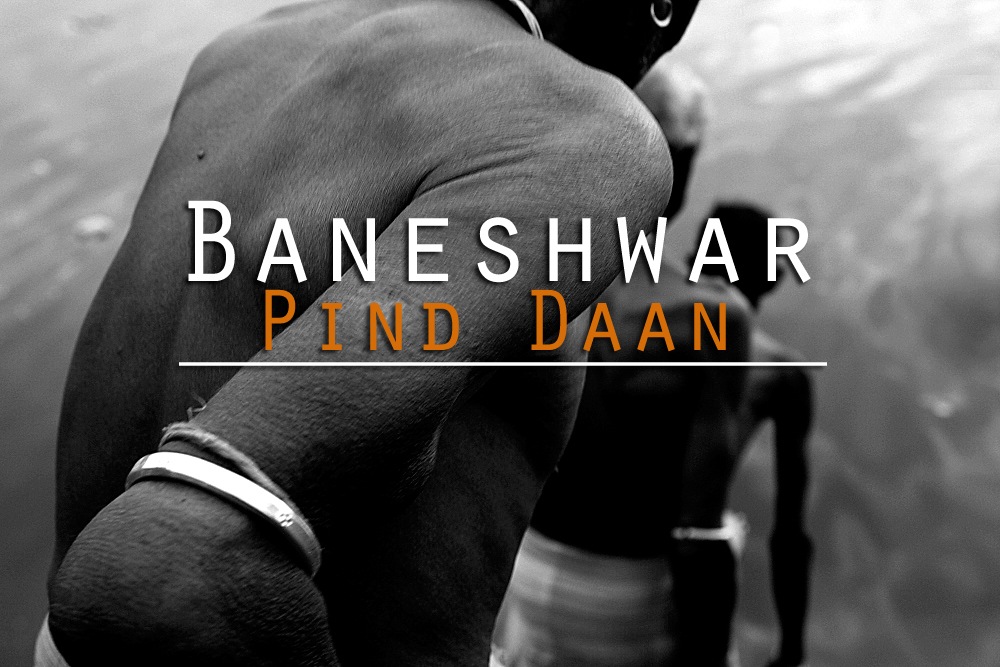
© Tewfic El-Sawy - All Rights Reserved
Pind Daan is an annual Hindu ritual of remembrance for family members who have died. Baneshwar is an area in south Rajasthan, not far from Dungarpur, where Bhil and Garasia tribals congregate to commemorate their dead, and cleanse their sins by bathing in the waters of two rivers. It's an annual event which, not only is sacred, but is also secular in the sense that it's an opportunity to sell, buy and barter for goods and products, as well as making social contacts which lead to inter-tribal weddings.

© Tewfic El-Sawy - All Rights Reserved
Vrindavan is a holy town in Uttar Pradesh. It is the site where Krishna spent his childhood, and has hundreds of temples dedicated to the worship of Radha and Krishna. It's also known as the "City of Widows" because of the population of abandoned widows who seek refuge here. It's in this town that I photographed these unfortunate widows in ashrams, where they congregate to receive pittances in return for chanting devotional songs on behalf of pious Hindu families.
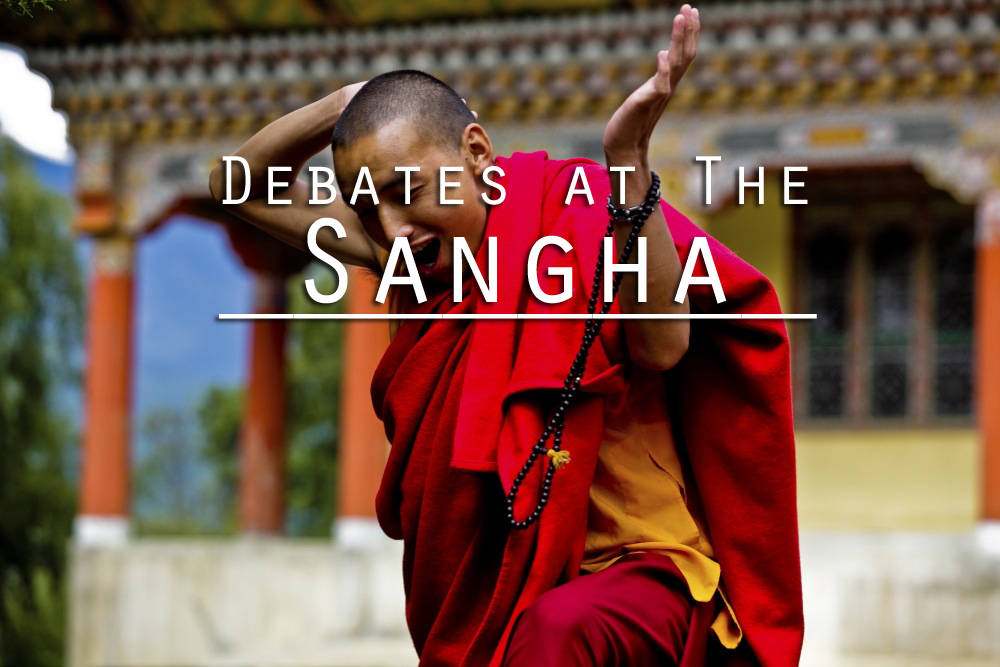
© Tewfic El-Sawy - All Rights Reserved
Theological debate is a well-observed tradition in Buddhist monasteries. This particular debate occurred at the Kharchhu monastery in Chamkar (Bhutan). It's part serious, part "gotcha", and the young monks seemed to take delight in catching their opponents' slip-ups when these occurred. There's much hand-clapping to stress a point of view, and swirling of prayer beads. The debaters alternate standing and sitting depending on their role; either "attacker" or "defender".
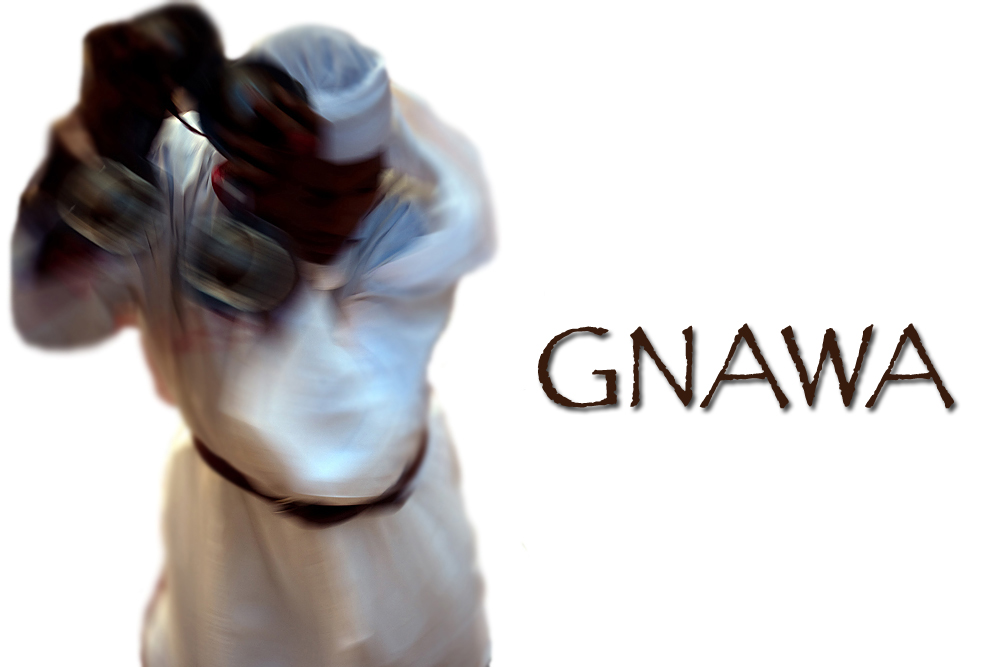
© Tewfic El-Sawy - All Rights Reserved
The Gnawa is an ethnic group and a Sufi religious order in Morocco, generally thought to be descendants of former slaves from Sub-Saharan Africa, or Africans who migrated in caravans plying the trans-Saharan trade, or a combination of both. The Gnawa also practice healing rituals, with apparent ties to pre-Islamic African animism rites. In Moroccan popular culture, the Gnawas are reputed to use magic in the treatment of scorpion stings and psychic disorders. This audio slideshow is of stills and live recordings made during the Essaouira Gnawa 2010 Music Festival.
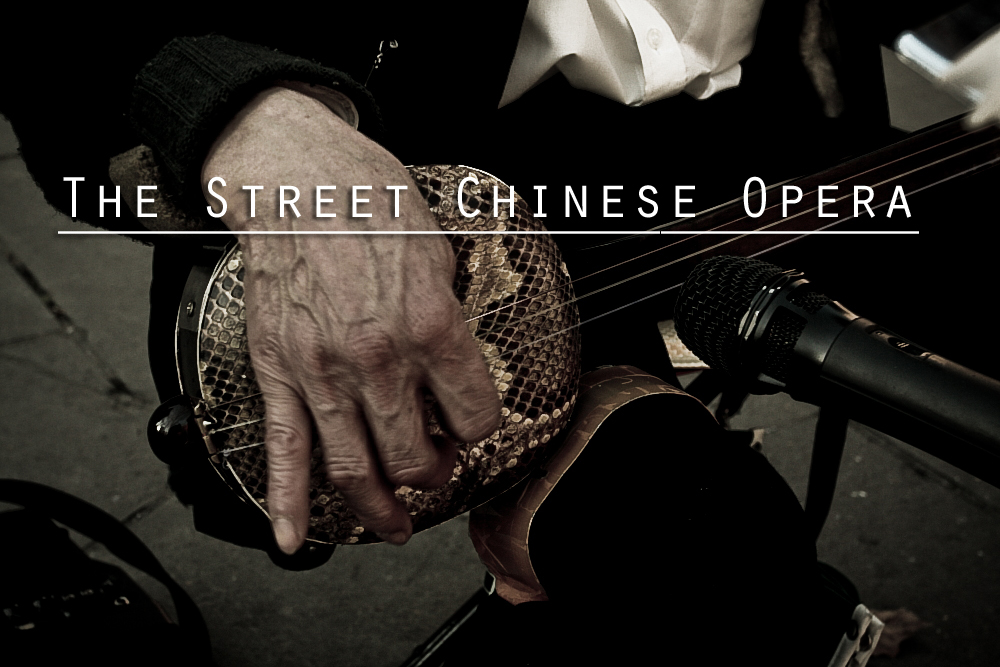
© Tewfic El-Sawy - All Rights Reserved
A small band playing Chinese Street Opera frequently performs in New York City's Chinatown on Sundays. The venue is in Columbus Park, which is where many Chinese old-timers congregate to play mah-jong or dominoes. The public space is also used by the resident Chinese to practice tai chi, or to air their pet birds. The square also hosts traditional fortunetellers.
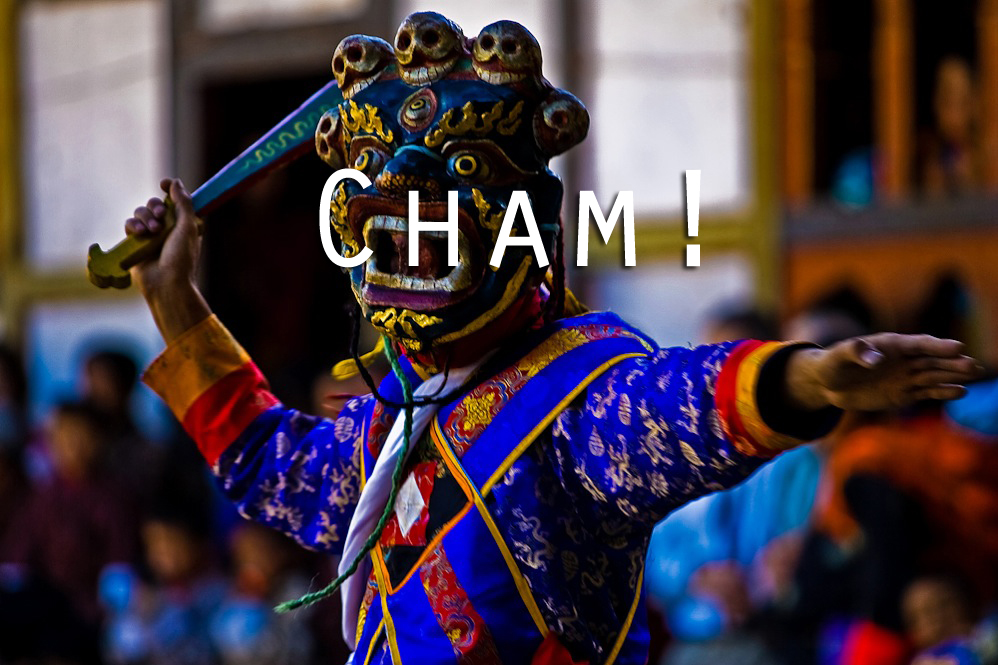
© Tewfic El-Sawy - All Rights Reserved
The Cham dances are held during the Tsechus, which are celebrated in each district of Bhutan on specific dates in the lunar Tibetan calendar, and are usually held in fall of each year. The highlight of the tsechus are these sacred dances, which involve costumed, masked performers and are moral vignettes, based on events from the life of Padmasambhava and other Buddhist saints.
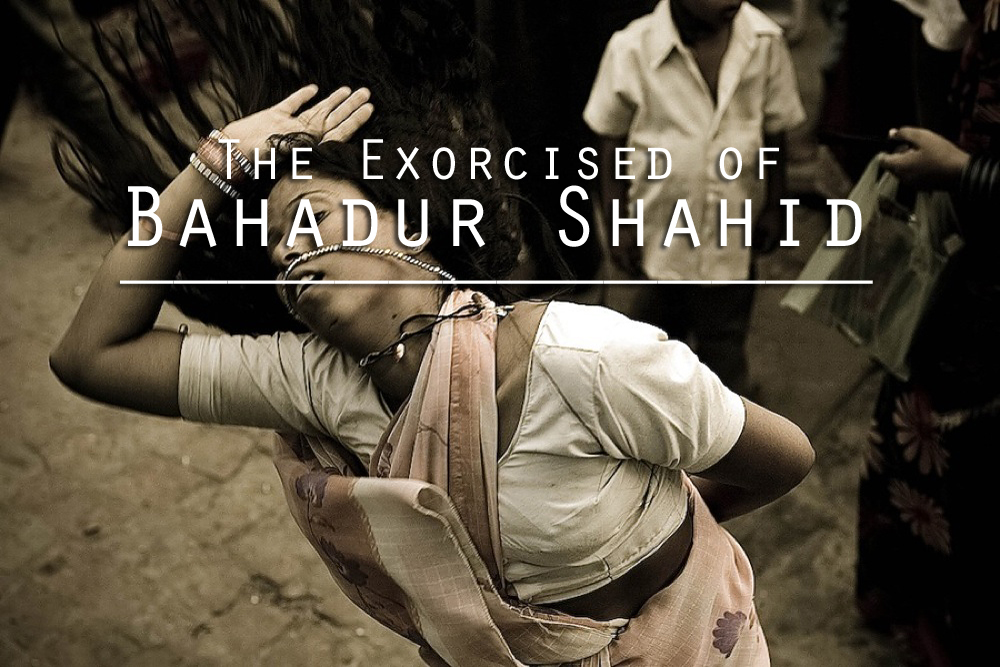
© Tewfic El-Sawy - All Rights Reserved
The Exorcised of Bahadur Shahid is an audio slideshow reportage of a Muslim Sufi saint's shrine in the most Hindu cities of India, Varanasi. It is here that all religious denominations, whether Hindus, Sikhs of Muslim, come to exorcise their ills, ailments and life difficulties. Those who seek exorcism are mostly women, who arrive at the shrine with their families, who provide them the comfort and support during their paroxysms. Bahadur Shahid was a pious soldier who died in Varanasi, and is reputed to provide succor to those who need it.
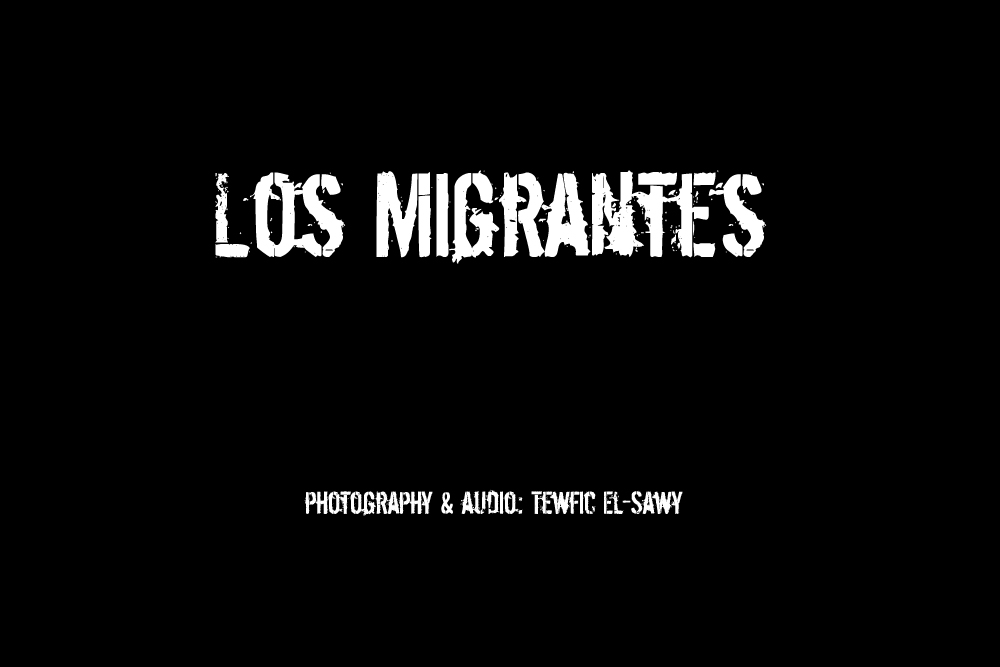
© Tewfic El-Sawy - All Rights Reserved
Los Migrantes is an audio slideshow reportage on the migrants from Central America who hitch rides on the freight trains that pass through La Lecheria, an area in Mexico City, to travel and enter the United States illegally. Similar to the hobos of the United States, they receive basic food, water and sympathy from a network of households along the way...often in poor neighborhoods along the train tracks.

Los Migrantes is an audio slideshow reportage on the migrants from Central America who hitch rides on the freight trains that pass through La Lecheria, an area in Mexico City, to travel and enter the United States illegally. Similar to the hobos of the United States, they receive basic food, water and sympathy from a network of households along the way...often in poor neighborhoods along the train tracks.